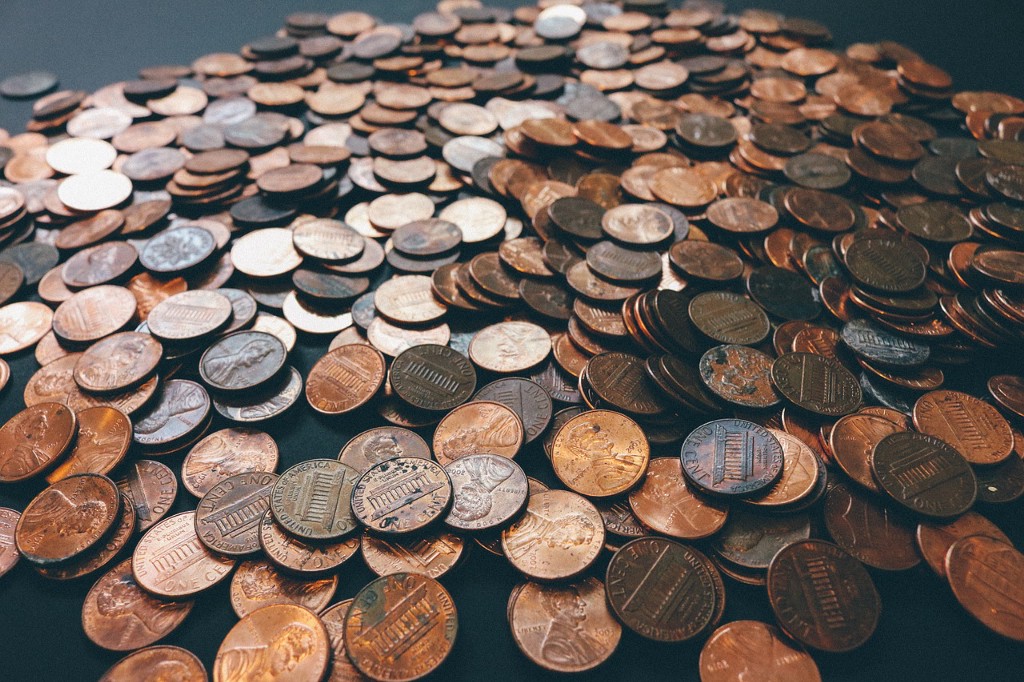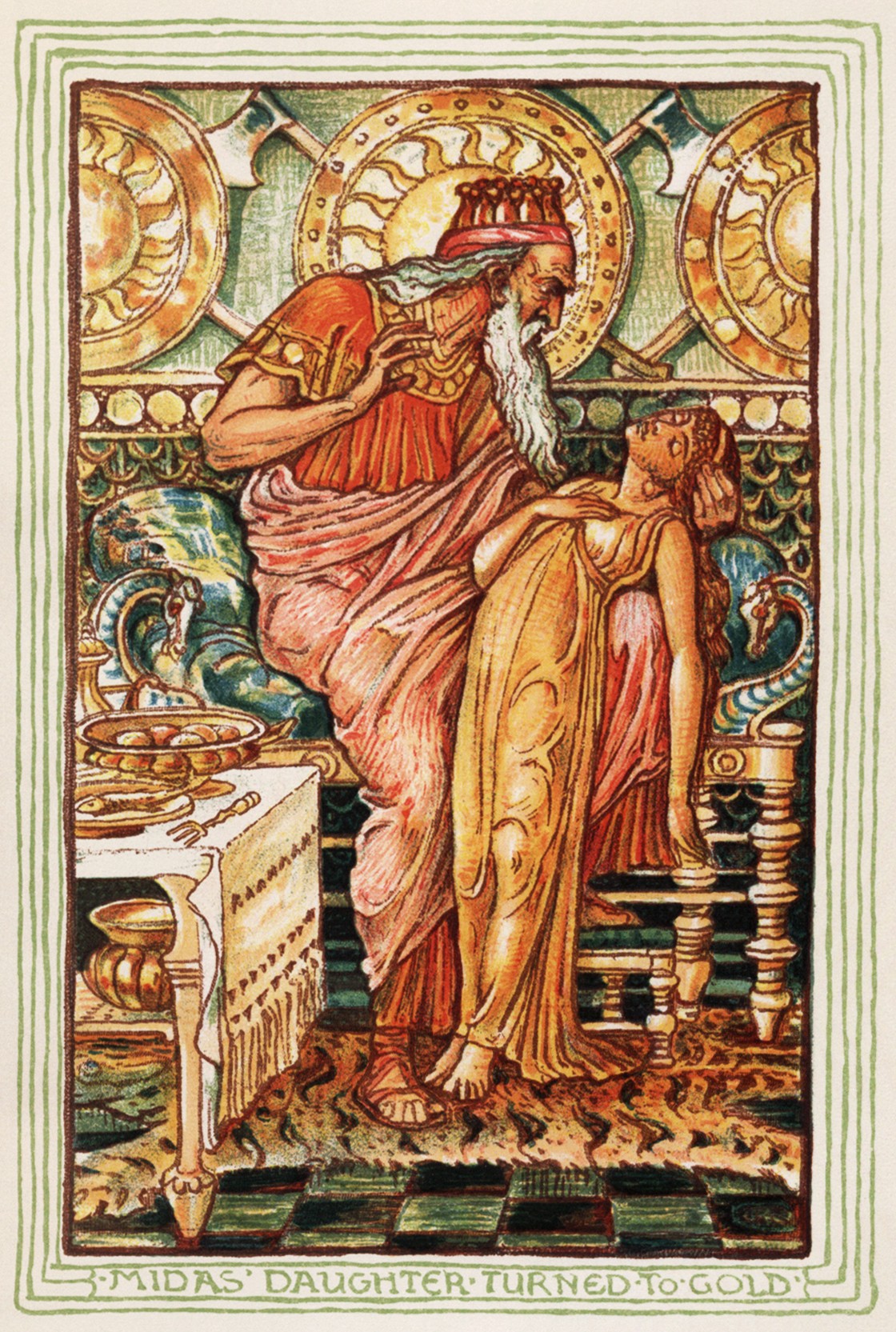Books & Culture
The Disastrous Decline in Author Incomes Isn’t Just Amazon’s Fault
The bookselling behemoth is making life harder for writers, but so is the public perception that art doesn’t need to be paid for

There is a scene in the film Moulin Rouge in which a crowd of top hat-wearing men belt out the Nirvana song “Smells Like Teen Spirit” as they riotously descend upon the famous French hall of can-can dancers. “Here we are now! Entertain us!” the suited patrons roar as they greedily reach out for the amusements around them. It’s a high-energy, campy scene that director Baz Luhrmann overlays with a sinister message about the power discrepancy between entertainers and the men who pay them. This scene has been on my mind lately, both in the wake of the #MeToo movement and the horrific stories we’ve heard from actresses and other women in the entertainment industry, and again on Monday, when the Authors Guild published its 2018 Author Income Survey.
This was the largest survey ever conducted of writing-related earnings by American authors. It tallied the responses of 5,067 authors, including those who are traditionally, hybrid, and self-published, and found that the median income from writing has dropped 42% from 2009, landing at a paltry $6,080. The other findings are similarly bleak: revenue from books has dropped an additional 21%, to $3,100, meaning it’s impossible to make a living from writing books alone. Most writers are cobbling together various sources of income like teaching or speaking engagements, yet the median income for full-time authors for all writing-related activities still only reached $20,300, which is well below the American poverty line for a family of three. Writers of literary fiction felt the greatest decline in book earnings, down 43% since 2013.
Most writers are cobbling together various sources of income like teaching or speaking engagements, yet the median income for full-time authors still only reached $20,300.
The Authors Guild has a pretty clear idea of what’s behind this disturbing trend, namely the rise of Amazon, which severely cuts publishers’ margins on book sales. Authors ultimately shoulder the cost because publishers offset their losses by giving out smaller author advances and royalties. The platform’s resale market also means that, within months of publication, books are being resold as “like new” or “lightly used,” a scenario in which no new money goes to the actual author of the book. The Authors Guild acknowledges that Amazon isn’t the only place where authors are losing out, but the culprits are of a kind: electronic platforms like Google Books and Open Library claim fair use rights in order to offer classrooms products without paying authors royalties. This is problematic because those royalties, a kind of pay-to-play model of compensation, are how artists have made their money ever since it went out of fashion to have a patron who could support your entire career.
This year’s Authors Guild Survey is right to focus on the harm Amazon does to working writers; personally, I’ve made my 2019 resolution to put my money where my mouth is and buy all my books at local, independent bookstores. But the survey results made me wonder if that would be enough—if it’s possible, in the age of the Internet, to reverse the belief that content should mostly be free. By content I do mean to encompass all ends of the artistic spectrum, that ill-defined mass of high and low entertainment and art and news that rubs up against each other on the web in a way that makes it more difficult to separate out, and perhaps less meaningful to do so. Basically, people are insatiable for this panoply of words and images; they want mass input. If you do a Google search for “apple pie recipe,” for example, the top results include both Pillsbury’s website and the personal blog of a home cook. The point isn’t that there is anything wrong with the latter, it’s that discernment has taken a backseat to access; we want all the apple pie recipes, all the videos and photographs and articles and books. We are here now. Entertain us.
Here’s What People Don’t Get About Writing as a Job
Like the charging patrons of Moulin Rouge, we see the entertainment around us and we want it now. Worse, we feel entitled to it. That we feel entitled to be entertained is, I think, symptomatic of how our attitude towards art and literature has shifted. Those things used to be much more difficult to obtain; you couldn’t flip through Monets or read some Robert Frost poems while standing in line at the grocery store, and as a result we did what we do with many rare things — we intellectualized them and tried to ascribe them meaning. This had its own flaws, of course. In her 1966 essay “Against Interpretation,” Susan Sontag argued that modern critics were so focused on examining the content and extrapolating the meaning of a piece of art that we were overlooking the thing itself. Our issue now isn’t that we’re overanalyzing art; it’s that it’s all so familiar that, instead of looking for its meaning, we are encouraged to “connect” with it, which is to say, to see ourselves in the work. But if the hallmark of a great work is that we can inhabit it and make it our own, what does that say about how we view the work’s relationship with its creator?
People have always felt a sort of ownership over art, and that’s actually good. It’s why you keep a book on your shelf and return to it, it’s why you hang a picture on your wall that speaks to you. But when this gets out of hand and you mistake access or a personal connection with your rights, as happens so often in our Internet age, it leads to a dangerous sense of entitlement. That’s why readers feel empowered to complain, directly to the creator, that a book or show doesn’t have absolutely everything they want: the romantic pairing they’d hoped for, the language they find most friendly, the ending they desired. And it’s also why, for instance, the last Harry Potter book leaked on the internet before it was officially published: fans saw the book as something they were owed, not the product of labor that deserved compensation. Not that J.K. Rowling needs more money—but she, and all authors, deserve to have their work recognized as work.
Our issue now isn’t that we’re overanalyzing art; it’s that it’s all so familiar that, instead of looking for its meaning, we are encouraged to “connect” with it, which is to say, to see ourselves in the work.
Consumers hold a pernicious power, so this trend towards free content won’t reverse itself unless we want it to. This is a sad thing, and we will all be much worse off if we can only hear stories from people who can afford to write. Nicholas Weinstock, a Guild Council member, said: “Reducing the monetary incentive for potential book authors even to enter the field means that there will be less for future generations to read: fewer voices, fewer stories, less representation of the kind of human expression than runs deeper and requires and rewards more brain power than the nearest bingeable series on Netflix or Amazon or GIF on your phone.” Maybe we will all get what we think we’re entitled to — free art — but what kind of art will that be?










